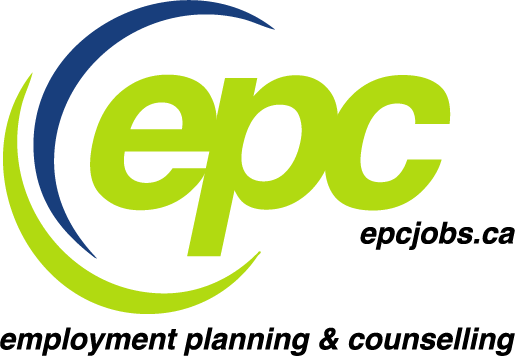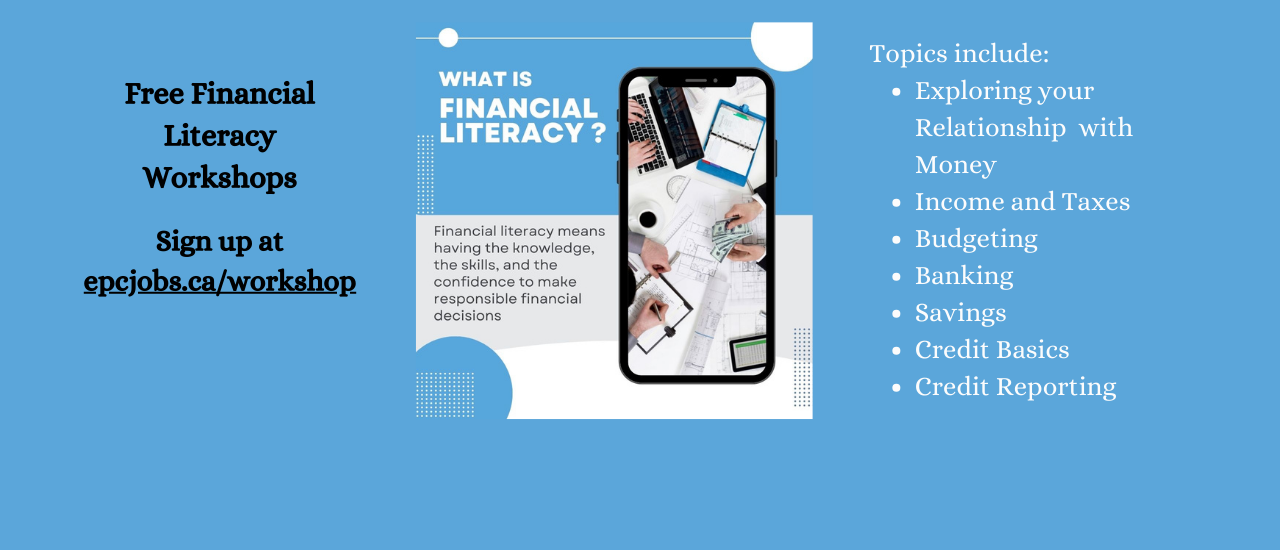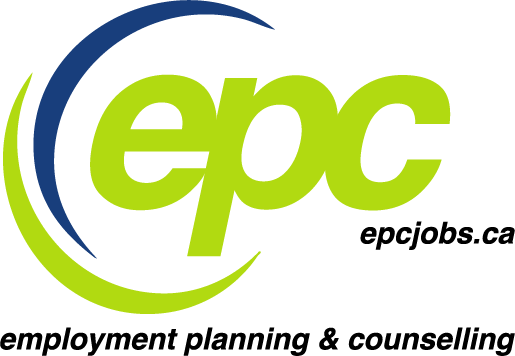As Career Practitioners, we are often asked “Where are the jobs?” In the pre-digital world, that was a bit easier to predict, however recent statistics have indicated that, “By 2030, the majority of jobs that will be in demand do not even exist yet” (Ontario Centers of Excellence Advancing Education Program). That statement alone can be very distressing or motivating, depending on your life perspective. What does become clear is that our ability to embrace lifelong learning, be adaptable and multi-skilled will better position us for the careers of the future.
We know that the employment landscape continues to change with a decrease in long-term full-time positions to an increase in self-employment, contract and remote work. Rohit Talwar – Fast Future (2017) cites, “Canadians entering the work force today can expect to hold 40 different jobs in ten completely different career paths in their lives.” That is a long way from the full-time permanent jobs available in the generation before us. Given the fact that, “51 percent of people are staying at a job for less than two years” (Workopolis, 2017), the concept of choosing a forever career is not as feasible as it once was. The world is changing and, like it or not, we must keep up in order to remain competitive in today’s marketplace.
Predicted statistics highlight an increase in jobs in the trades, tourism, information and communications technology. Christian Saint Cyr notes, “1 out of every 5 jobs in the next 5 years is expected to be trades-related, 33 percent of jobs in the future with require university and 44 percent will require trades training. There will be 5000 to 6000 jobs in the field over a five-year period in the social services field and 29 percent will be new jobs.” The Tourism Industry Association of Ontario predicts a “labour market shortage of over 95,000 jobs by 2035 with most being full time permanent positions.” Further, Toronto Construction Association highlights that, “91, 000 workers will retire in the next 10 years and there will be a need for 105, 000 workers.” Coding, artificial intelligence, information and communications technology, automation and digital literacy are just a few of the terms highlighted during the 2019 Labour Market Information Conference in Toronto.
Bruce Lacroix, President and CEO of The Canadian Centre for Aboriginal Entrepreneurship, Inc, outlined the following skills as necessary in order to survive and thrive in a disruptive economy:
- Adapt to and use technology.
- Ability to work within a group with diverse people.
- Learn how to learn and keep learning.
- Numeracy and financial literacy: how credit works, pricing yourself, budgeting, ability to solve medium difficulty math problems, needs vs wants.
- Think of yourself as a business. What are you selling, to whom, for how much? How will you reach them? Who is your competition? What do you need to learn/know? Laws, rules and insurance. How to write a proposal. And more.
- Keep healthy in mind, body and spirit.
- Network, network, network.
- Know thyself: your strengths, weaknesses, abilities, challenges…and use this knowledge to better adapt and thrive to the new economy.
- Embrace change.
What does this all mean? How do you know what type of career to prepare for?
How do you spend your time and money wisely when choosing a post-secondary program or an apprenticeship?
The following checklist may be very helpful with the career planning process:
- Conduct informational interviews in your desired field. Find out how the field has changed over the years and what the predications are for the future.
- Join relevant groups through LinkedIn to find out what is happening in the industry.
- View job postings worldwide for emerging trends, technology and opportunities.
- Review statistics and graduate reports to determine if current graduates are getting jobs in their field of study.
- Develop and maintain both technical and transferable skills.
- Monitor emerging college programs.
- Utilize credible labour market research tools such as www.jobbank.gc.ca/trend-analysis/search-job-outlooks
- Research, research, research.
- Follow local, national and international business news and articles.
- Embrace an entrepreneurial mindset.
When all is said and done, your primary focus for career planning should be based on your passion…what makes you smile, makes you want to get out of bed in the morning and gives you a sense of satisfaction or accomplishment. If you enjoy your career, it will not seem like work most days. Start with your area(s) of interest, conduct research, develop skills and network.
No one can accurately predict the future yet labour market information can provide some very valuable information to assist with the career decision- making process.
For more assistance with your job search, book an appointment with a Career Counsellor at EPC or check our Workshops & Events section for upcoming dates.











